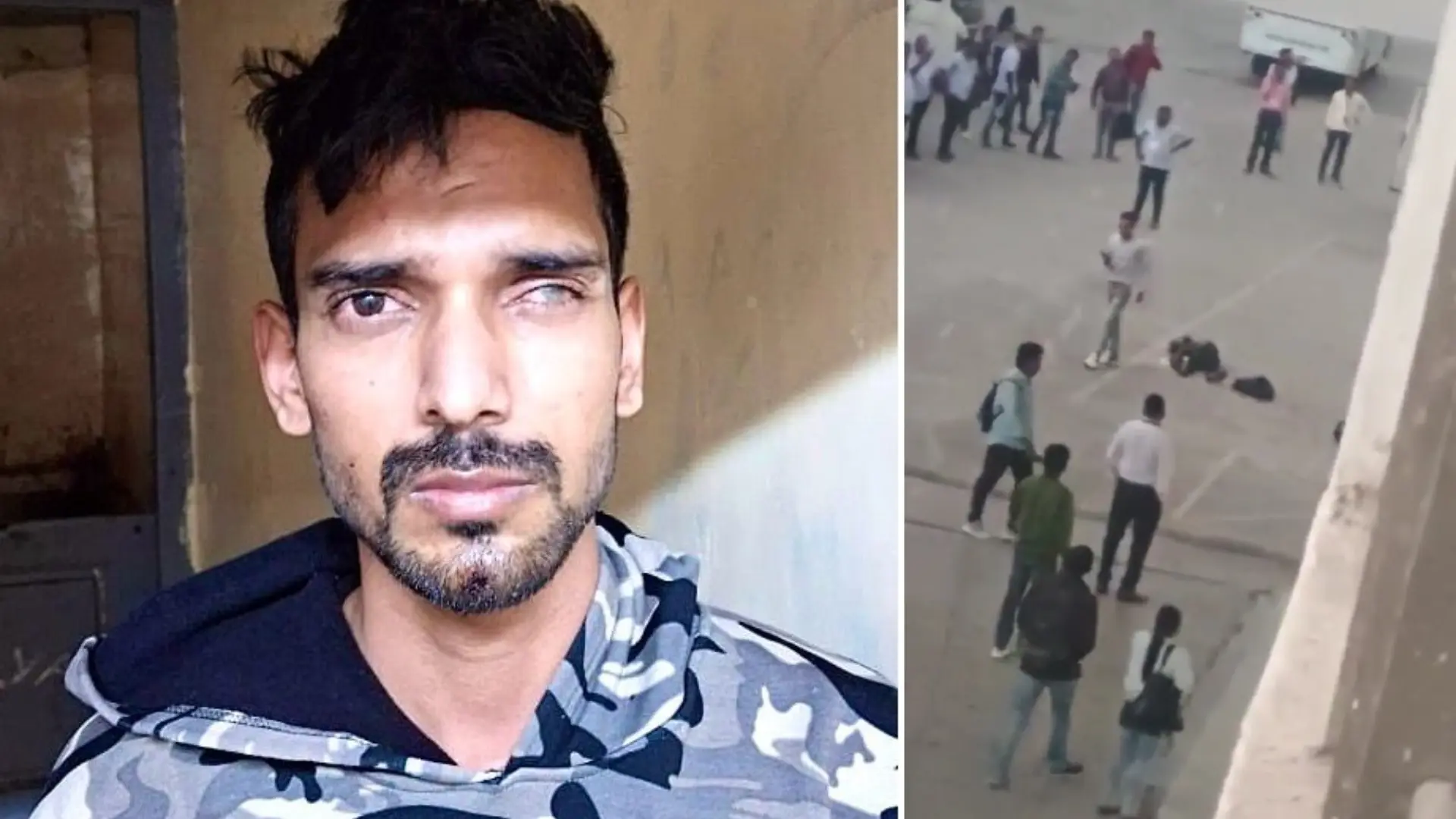Before the expulsion of six Indian diplomats from Canada, Canadian authorities confronted these officials regarding their alleged involvement in violent acts in Canada, including extortion and homicide, aimed at disrupting ongoing violence against Canadian citizens. This information came from Prime Minister Justin Trudeau. Relations between India and Canada have been deteriorating since September 2023, when Trudeau stated in parliament that Indian agents were responsible for the murder of Hardeep Singh Nijjar, a Canadian citizen and pro-Khalistan activist, in June of the previous year.
Alleged violent activities
During a press conference in Ottawa, Trudeau, along with Foreign Minister Mélanie Joly and Public Safety Minister Dominic Leblanc, highlighted that the alleged violent activities linked to Indian government agents were ongoing. They initiated diplomatic actions to disrupt this pattern after failing to secure cooperation from the Indian government.
According to Trudeau, the Royal Canadian Mounted Police (RCMP) had reached out to Indian authorities as recently as last week, but India had declined these overtures, prompting the expulsion of diplomats. Joly noted that the involvement of Indian diplomats in violent acts had escalated since the initial allegations.
Canada alleges murders, extortion, and other violent acts
Earlier, the RCMP described the situation as “extraordinary,” stating that they needed to publicly address ongoing investigations into serious criminal activities in Canada involving Indian government agents. They identified imminent threats to members of the South Asian community, particularly those aligned with the pro-Khalistan movement.
Trudeau remarked that India had made a fundamental error by believing it could carry out murders, extortion, and other violent acts against Canadians on Canadian soil. He emphasized that the RCMP’s decision to publicize these allegations aimed to disrupt the illegal collection of information by Indian diplomats on Canadian citizens, which was then passed on to criminal organizations for violent actions.
Canada not wishing to create tension
Trudeau expressed that Canada did not wish to create tension in Canada-India relations, highlighting the historical ties and democratic values shared between the two nations. He noted that Canada had sought to resolve the situation through dialogue.
Since making the allegations against India regarding Nijjar’s murder, Trudeau stated that India’s response has been to deny the accusations, attack his integrity, and question the credibility of Canadian officials and police agencies. He stressed the importance of the recent meeting between national security advisors from both countries and urged that it be taken seriously.
Trudeau acknowledged that the past year’s events and recent revelations have deeply unsettled many Canadians, particularly in the Indo-Canadian and Sikh communities. He reiterated Canada’s respect for India’s sovereignty and territorial integrity and expressed expectations for reciprocal respect from the Indian government.
Secessionist activities in Canada
The Indian government, however, disagrees with this perspective, claiming that domestic political pressures in Canada have fostered a permissive environment for secessionist activities. Trudeau’s Liberal party is under pressure, having recently survived two votes of confidence, with an election due by October 2025.
When asked about the number of homicides allegedly orchestrated by Indian agents, Minister LeBlanc refrained from commenting further, stating he didn’t want to interfere with RCMP investigations. He confirmed discussions with U.S. Attorney General Merrick Garland about cooperation between the FBI and RCMP.
US scrutiny
The Indian government is facing scrutiny in the United States as well, where Indian nationals are accused of plotting to assassinate Gurpatwant Singh Pannun, the leader of the Khalistani group Sikhs for Justice. An Indian delegation is set to visit Washington D.C. to investigate these allegations.
Canadian Foreign Minister Joly informed reporters that Ottawa had requested India to waive diplomatic immunity for six personnel to question them about violent incidents targeting the South Asian community, especially Sikhs. Upon India’s refusal, expulsion notices were served. Canada stated that India’s decision to withdraw its diplomats followed their own decision to expel them, despite India announcing its withdrawal before the news broke.
Diplomats expelled by both countries
The expulsion involved six diplomats from each country, including India’s High Commissioner to Canada, Sanjay Kumar Verma, and the acting High Commissioner in India, Stewart Ross Wheeler.
When asked about potential sanctions against India, Joly was non-committal, suggesting that while it was a possibility, no decision had been made yet.
Joly indicated that the expulsion was one of the most significant measures a nation can take under the Vienna Convention, stressing that Canada would continue to engage with G7 nations and the Five Eyes alliance, keeping all options open.
She confirmed ongoing communication with Indian External Affairs Minister S. Jaishankar and reiterated Canada’s request for India’s cooperation in the investigation. Joly also engaged with her counterparts from the Five Eyes nations.
Canada not seeking diplomatic confrontation with India
Emphasizing that Canada does not seek diplomatic confrontation with India, Joly expressed a desire to maintain movement and ties between the two countries while urging India to assist in the investigation.
With the expulsion, Canada aims to send a strong message, which Joly stated also applies to other Western democracies experiencing transnational repression, emphasizing the need for India to understand this message.
Opposition Leader Pierre Poilievre described the RCMP allegations as highly concerning and criticized Trudeau’s government for allowing Canada to become a hub for foreign interference, including from India.
Read More: US Expert Compares India-Canada Tensions To Indo-Pak Relations Amid Diplomatic Rift



















